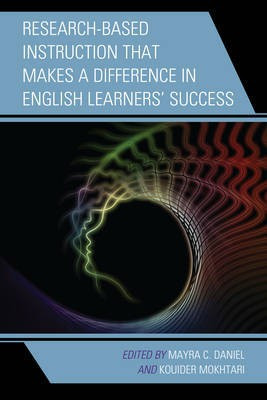Research-Based Instruction that Makes a Difference in English Learners' Success(English, Paperback, unknown)
Quick Overview
Product Price Comparison
During the past two decades, several changes have transformed core practices of teacher educators. One of the most salient changes pertains to dramatic shifts in school demographics. In practically every state in the United States, primary, elementary, middle, and high schools are experiencing expanding enrollments of students whose primary language is not English. Recent demographic data show that linguistically and culturally diverse students constitute an increasingly strong presence in our schools and communities. There are approximately 5 million ELs in the U.S., and this number is on the rise.It is estimated that two-thirds of these students are in at least one course taught by general education teachers. Growth in K-12 EL enrollment has skyrocketed in the past 20 years. One in 20 public K-12 students was an EL in 1990. In 2008, it was one in nine. Projections suggest that in 20 years it will be one in four. The content of the book integrates new and emerging research and policy insights that inform effective teaching of ELs across the disciplines. The chapters in this book will in ways to give teachers the tools they need to improve the quality of instruction in classrooms with ELs in grades K-12 both in the United States and around the world. In this book a select group of contributors address a variety of topics to enhance ELs language and literacy skills, as well increase their reading comprehension abilities across the curriculum. Chapter topics include reading and writing instruction focusing on the Common Core standards, classroom-based assessment, literacy-based mathematics instruction, literacy instruction using current technologies that include digital literacies and social media, as well as context-embedded vocabulary development using art.


